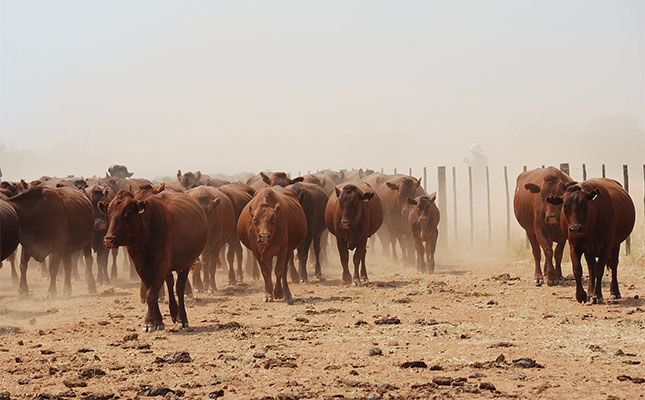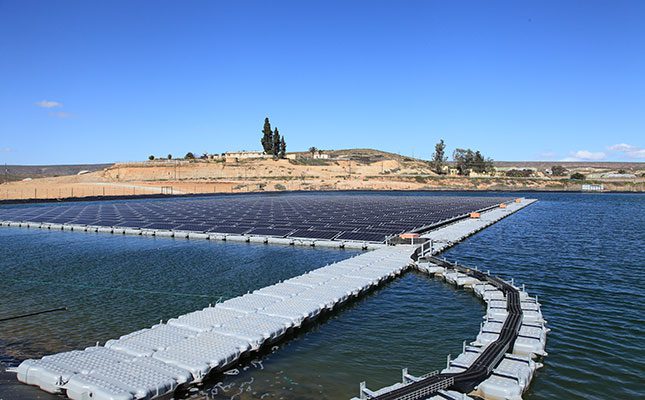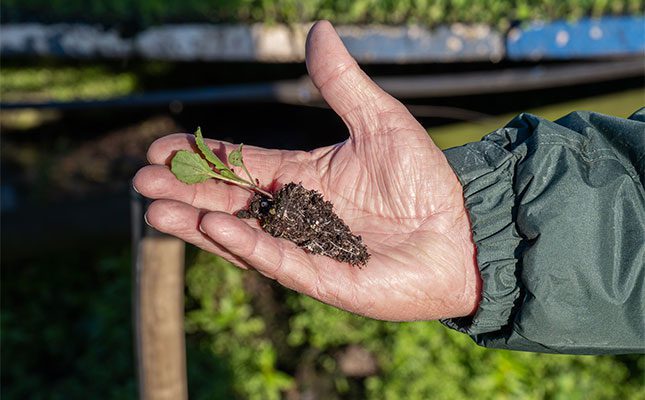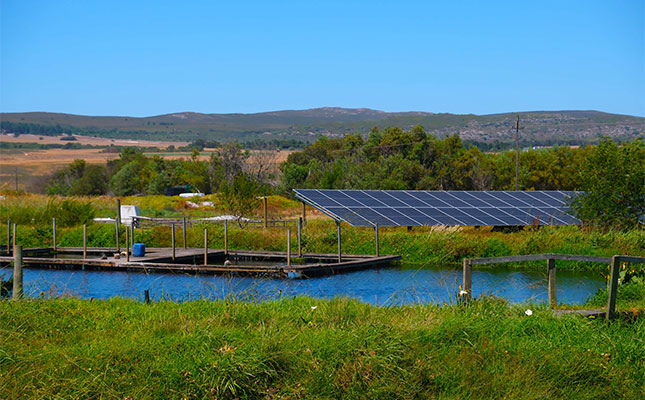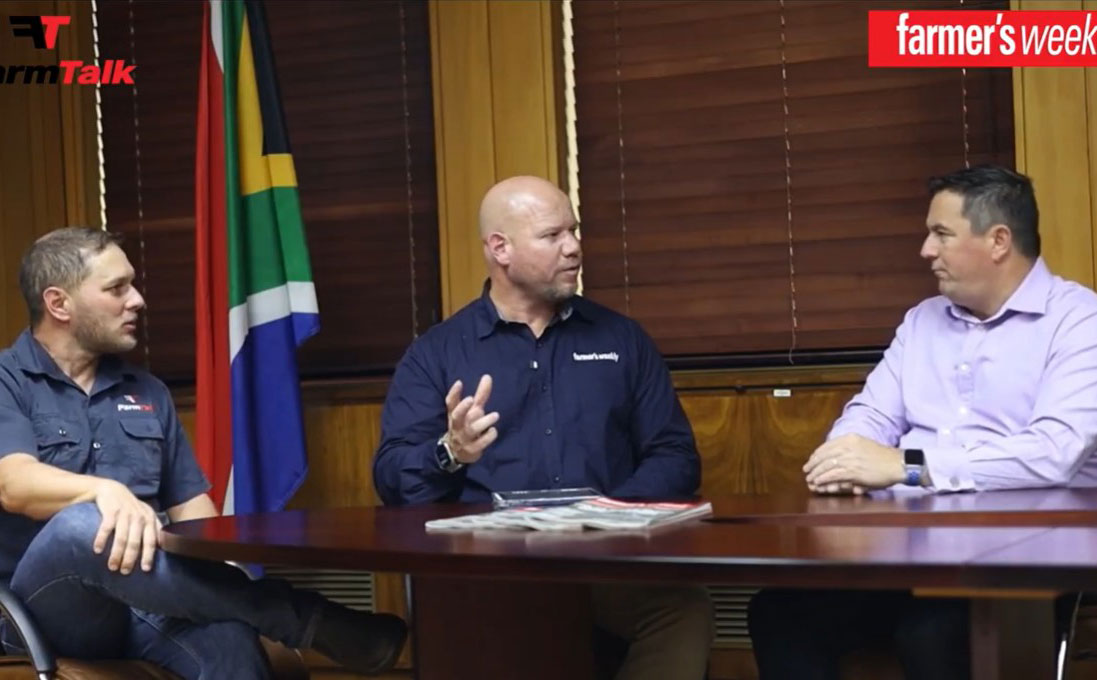
South African farmers have long shown exceptional productivity, even under challenging conditions. But their ability to sustain this performance requires more than resilience; it requires financial viability. Farmers can only implement environmentally sustainable practices if they are economically sustainable.
And that’s where environmental, social, and governance (ESG) strategies and financiers play a valuable role.
Herman de Kock, executive head of mid-corporate coverage at Nedbank Commercial Banking, says sustainability can be a moral imperative and a commercial opportunity if approached strategically.
“It’s about understanding the finite capacity of natural resources and how we can use them, not only responsibly but also strategically to increase production.
“We believe the key lies in adopting a balanced and strategic approach to investing in sustainability in agribusinesses because, ultimately, this ensures improvements in your bottom line. In other words, it’s about sustaining your business while also contributing to national food security,” he explains.
De Kock adds that green finance is gaining traction in South Africa, but more needs to be done.
Looking at sustainability through a holistic lens
“The financial sector needs to focus on developing products that align with improved credit profiles. These include structuring cash-flow-friendly loans; offering lower interest rates for sustainable, lower-risk investments; and creating financing tools that support integrated, not just isolated, improvements.
“It’s not just about solar panels or water-saving irrigation. It’s about a holistic strategy that integrates soil health, water management, alternative energy, and governance practices. Financial institutions like Nedbank are working to finance these comprehensive strategies and not just infrastructure upgrades.”
Real-world examples, such as a study conducted with the World Wide Fund for Nature on dairy operations, prove that integrating sustainable water, soil, energy, and governance components yields measurable returns. However, De Kock says sustainability must be understood holistically.
“Go beyond considering just the financing that enables the investment to understand the actual business impact. Sustainability investments take time to yield results, so you need to assess and manage the risks.
“Ultimately, your return is improved profitability, which in turn improves the bankability of your farming operation,” he explains.
Benefits of complying with global ESG standards
Beyond this, sustainability enhances global competitiveness. Meeting international ESG standards provides export advantages, especially in a world increasingly influenced by frameworks like the EU’s Carbon Border Adjustment Mechanism.
Compliance is no longer optional for exporters; it’s a prerequisite for access to international markets. Larger agribusinesses may be well positioned to adapt, but small-scale producers risk exclusion if they don’t have targeted support and clearer regulatory frameworks.
Sustainability is everyone’s responsibility
Ultimately, though, farmers cannot shoulder the responsibility of sustainable agriculture alone:
- Governments must ensure policies are fair and achievable.
- Financial institutions must innovate further to provide accessible green finance.
- Consumers must support sustainability through informed purchasing decisions.
- Agribusinesses across the value chain must partner with farmers to ensure sustainability isn’t imposed but rather embedded.
“It comes back to the fact that it’s everyone’s responsibility. From a banking perspective, the focus isn’t just on financing [capital expenditure]. It’s also about bringing in expertise to help ensure the investment achieves its intended outcome. That’s critical. It’s not just about the money; it’s about education, assessment, and support,” says De Kock.
Sustainable agriculture in South Africa isn’t a luxury; it’s a necessity. However, for it to succeed, it must be profitable. Farmers must be equipped with the right tools, knowledge, and incentives to adapt.
By integrating ESG strategies into the heart of farming and finance, South Africa can secure its food systems, protect its environment, and enhance its global competitiveness.
By making sustainability practical, profitable, and inclusive, we can future-proof agriculture for generations to come.
For more information, email [email protected], or visit nedbank.co.za/agriculture.
Think bigger. Think Nedbank Commercial Banking.
Get trusted farming news from Farmers Weekly in Google Top Stories.
➕ Add Farmers Weekly to Google ✔ Takes 10 seconds · ✔ Remove anytime
